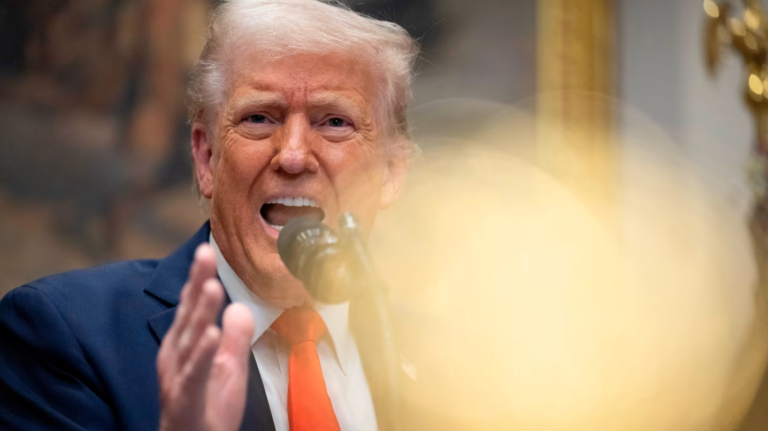The trade war initiated by President Donald Trump, characterized by significant tariffs on Chinese imports, has had profound impacts on both U.S. and Chinese economies. While American billionaires have seen substantial losses, Chinese tycoons have also faced considerable financial setbacks.
Impact on Chinese Billionaires
Chinese stocks experienced sharp declines as the tariff conflict escalated, leading to substantial losses among the country’s wealthiest individuals. For instance, the net worth of prominent tycoons like Zhang Yiming, Lei Jun, and Wang Chuanfu collectively decreased by billions in a single day. These losses are attributed to investor concerns over the economic repercussions of the trade war and its potential to disrupt global supply chains.
Market Volatility and Global Reactions
The announcement of a 104% tariff on Chinese goods by the Trump administration led to significant volatility in global markets. Major U.S. indices such as the S&P 500, Dow Jones, and Nasdaq experienced notable declines, reflecting investor anxiety over the trade tensions. High-profile companies, including Tesla and Apple, saw their stock prices drop by approximately 6%, further exacerbating concerns about the economic impact of the tariffs.
Mutual Economic Implications
The imposition of high tariffs has effectively created a mutual trade embargo between the U.S. and China, with significant economic consequences for both nations. U.S. exports to China, totaling around $150 billion, are expected to decline rapidly, while China’s $440 billion exports to the U.S. could fall by up to 75% within 18 months. This trade conflict threatens to tip the U.S. into a mild recession and undermines its financial influence globally, with indicators like consumer confidence and capital spending signaling distress.
Strategic Responses and Future Outlook
In response to the escalating tariffs, Chinese businesses are exploring alternative markets, including Europe and Australia, to mitigate the impact on their U.S. exports. However, some companies have already ceased shipments to the U.S., awaiting potential negotiations at the leadership level. The uncertainty surrounding the trade policies has led to a reevaluation of long-established trade routes and strategies.
The ongoing trade war underscores the intricate interdependencies of global economies and the far-reaching effects of protectionist policies. As both the U.S. and China navigate these turbulent economic waters, the actions taken will have lasting implications for international trade dynamics and the financial well-being of individuals and nations alike.




